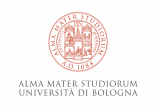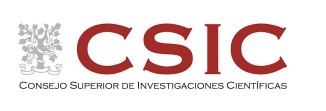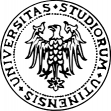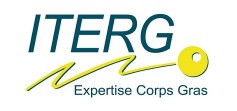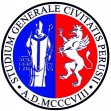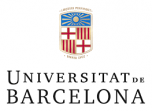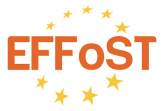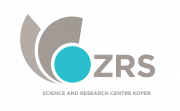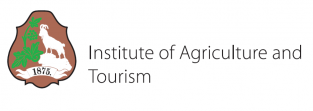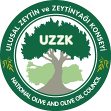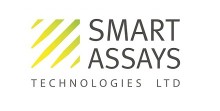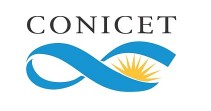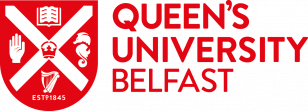ABOUT OLEUM
Europe is currently the largest producer of olive oil accounting for more than 70% of the world’s production. Nevertheless, non-EU countries are expanding their domestic production, increasing the competitiveness of the global olive oil market. This increased competitiveness, combined with expanding markets and a lack of efficient and harmonised analytical methods for detecting olive oil fraud has led to significant weaknesses that can be exploited by counterfeiters. The high price of olive oil, the distinctive sensory profile, and its reputation as a healthy source of dietary fats also makes olive oil a target for adulteration or illegal blending with other vegetable oils or deliberate mislabelling of less expensive classes of olive oil. As a result, olive oil adulteration for the purpose of financial gain has become one of the biggest sources of agricultural fraud in the EU.
Starting in September 2016, the OLEUM project will develop new and improved existing analytical methods for detecting fraud and ensuring quality of olive oil, and to improve technology sharing by establishing of a wide community of laboratories and institutions involved in quality control. Improvements in the quality, safety and authenticity of olive oils will boost consumer confidence and ultimately enhance the competitiveness of the EU olive oil market.




